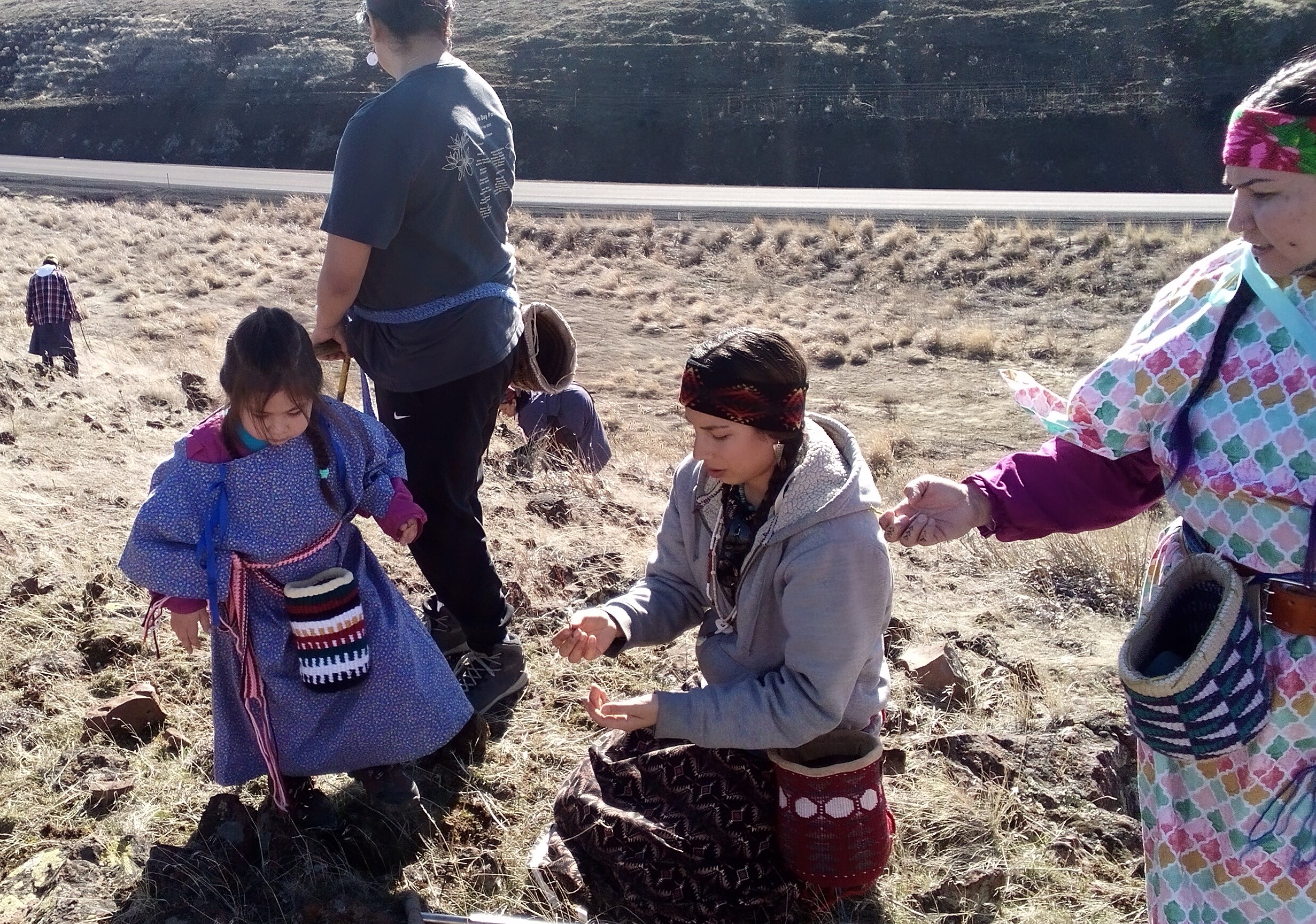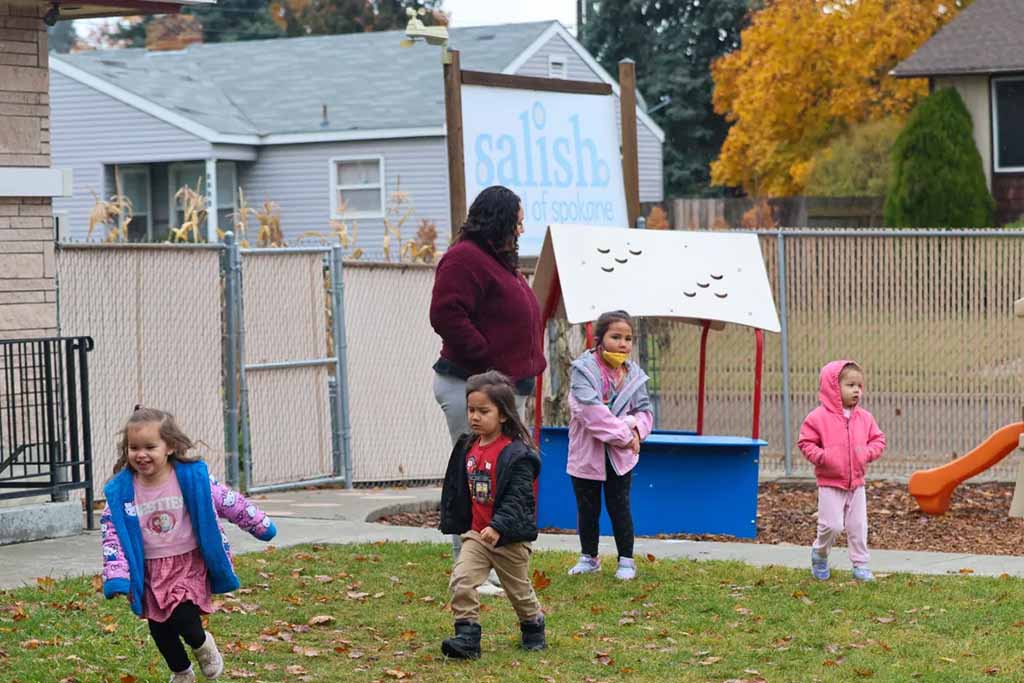By TRAVIS SNELL
COVE, Ore. – The Confederated Tribes of the Umatilla Indian Reservation (CTUIR) will host a symposium Sept. 29 to Oct. 1 to develop a regional consensus in response to carbon sequestration projects impacting First Foods habitats.
“Carbon sequestration initiatives are being funded in the Pacific Northwest, and CTUIR’s First Foods habitats and the working lands that can support them are being left behind,” said CTUIR Climate Adaption Planner Colleen Sanders. “This symposium will invite tribal knowledge keepers, cultural practitioners, land managers, research groups and academics to discuss opportunities and options to increase recognition and funding of vegetation and soil carbon sequestration performed by our living ecosystems.”
The three-day event will be at the Ascension School in Cove and feature hands-on cultural activities provided by Naknuwiłáma Tiičámna (Caretakers of the Land), an Indigenous stewardship nonprofit.
“Natural lands and functional ecosystems sequester carbon efficiently and effectively, primarily through vegetation growth and soil organic carbon,” Sanders said. “Working lands that perform some economic activity, most often agriculture and forestry, are preferred strategies for carbon removal and storage. If managed appropriately, these working lands have the potential to sequester carbon and provide benefits to First Foods through improved land management and habitat availability.”
The CTUIR’s First Foods are those the Cayuse, Walla Walla and Umatilla people cultivate throughout the year such as water, salmon, roots, berries, deer and elk.
The symposium will provide opportunities for tribal knowledge keepers and practitioners to lead conversations about carbon sequestration science, what options are available and how the CTUIR and others can uplift First Foods as an answer to carbon mitigation. It will also include a student poster contest for middle school, high school and college students.
Held in partnership with the Oregon Department of Environmental Quality as part of the state’s Comprehensive Climate Action Plan, the event is free to attendees with priority given to tribal knowledge keepers, tribal members, academic institutions, K-12 and college students, research partners as well as public and private land managers.
Event attendance is limited to 100 people. Those interested must register no later than midnight on Friday, Sept. 12. To register, visit https://www.surveymonkey.com/r/M93XLVK. Accepted applicants will be notified no later than Tuesday, Sept. 16 and be provided with two nights of accommodations and meals that will be arranged individually.
For information, an event agenda or a registration form, visit https://ctuir.org/departments/natural-resources/climate-adaptation/carbon-culture-symposium-fall-2025/, call 541-429-7247 or email FirstFoods@CTUIR.org.



